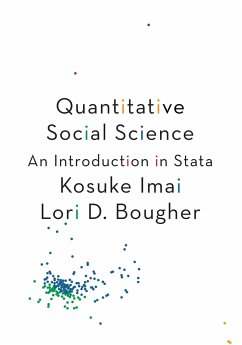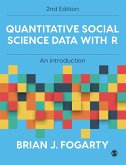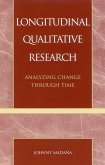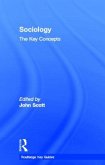"Princeton University Press published Imai's textbook, Quantitative Social Science: An Introduction, an introduction to quantitative methods and data science for upper level undergrads and graduates in professional programs, in February 2017. What is distinct about the book is how it leads students through a series of applied examples of statistical methods, drawing on real examples from social science research. The original book was prepared with the statistical software R, which is freely available online and has gained in popularity in recent years. But many existing courses in statistics and data sciences, particularly in some subject areas like sociology and law, use STATA, another general purpose package that has been the market leader since the 1980s. We've had several requests for STATA versions of the text as many programs use it by default. This is a "translation" of the original text, keeping all the current pedagogical text but inserting the necessary code and outputs from STATA in their place"--
"The search for a good undergraduate social science textbook is eternal, but with Imais book, the search may well be over. It covers a host of cutting-edge issues in quantitative analysis, from causality and inference to its use of R so that students can advance in both their research and work lives. Imai plots a new way for us to think about how to teach undergraduate methods."--Nathaniel Beck, New York University








